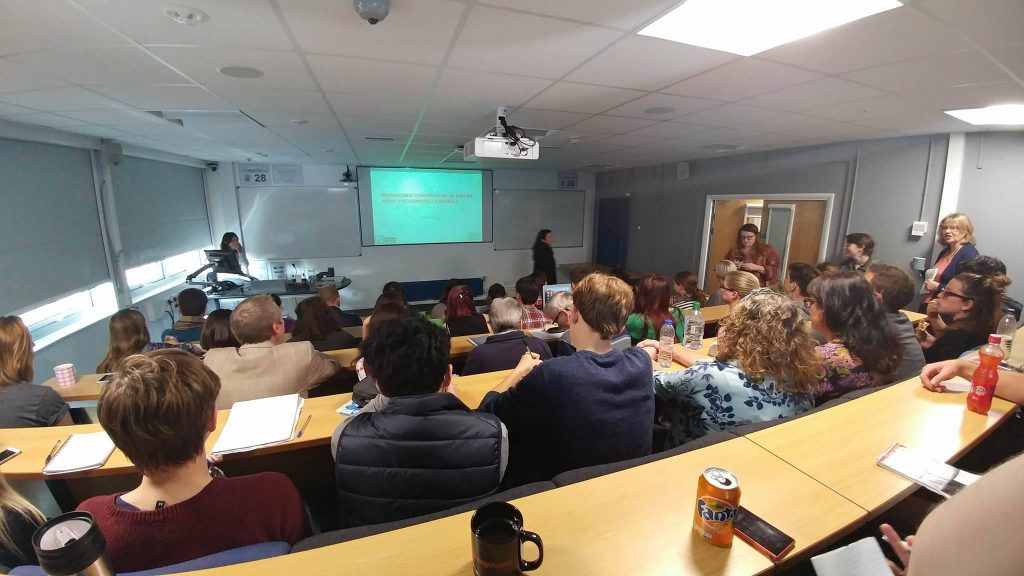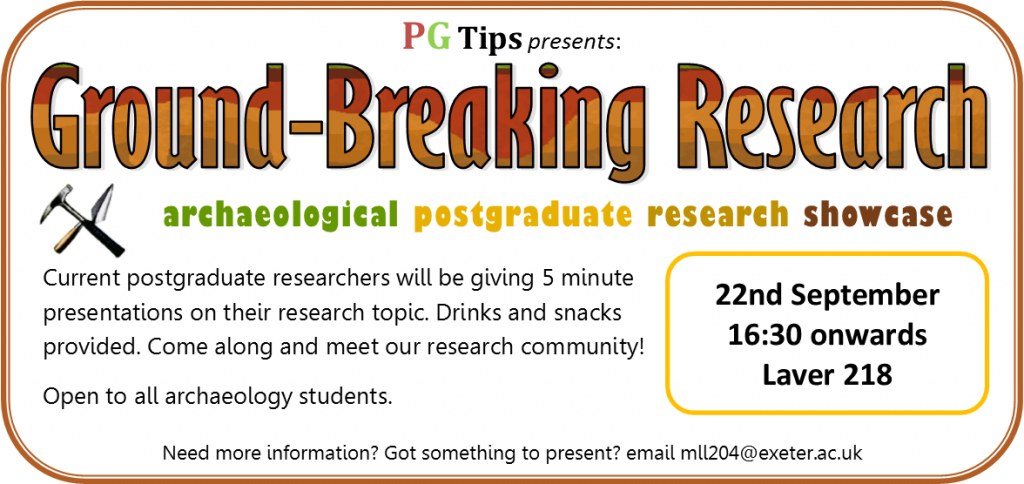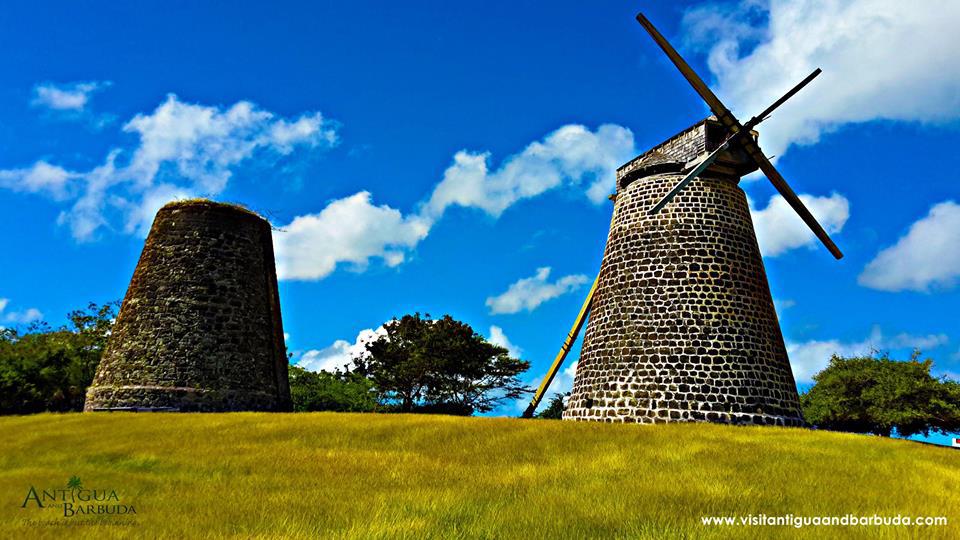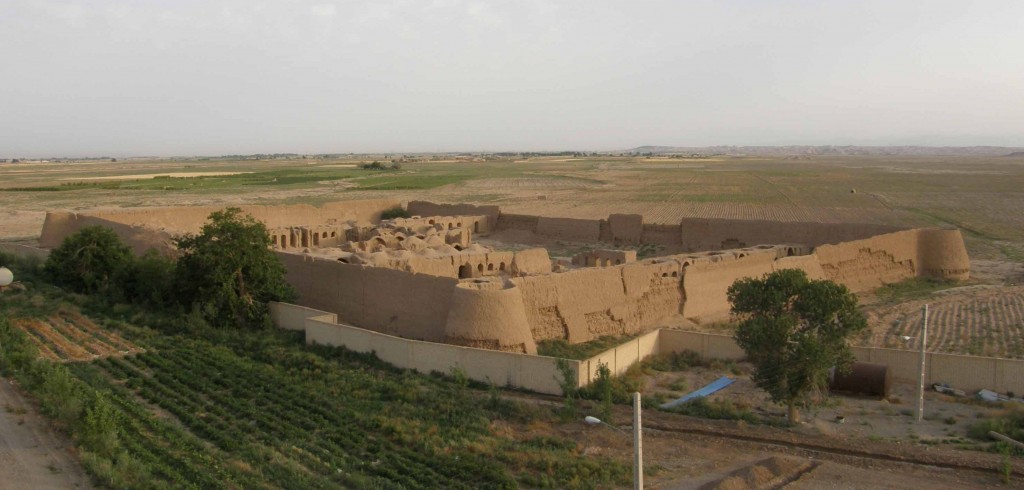Our first PGtips of the term was our annual Ground-Breaking research showcase! This excellent event has many 5-minute presentations from current PhD researchers on their thesis topics, aimed to introduce new PhD and masters students to the research going on in our department. There was such a good turnout that we ran out of wine!
First our PGtips hosts Ethan and Malene welcomed us to a new academic year, explaining that usual sessions have two 20 minute presentations rather than the quick fire overviews students would be seeing today. Presentations began with Emily Johnson speaking about her research on bone fat processing and butchery at the time of the first dairying economies in Neolithic central Europe. Brice Girbal followed with an overview on his near-completed work with crucible steel production in India. Jemma Singleton continued the Indian theme with a description of her work on Neolithic rock art in India. Belinda Tibbetts then spoke about her research on infant and maternal health through analysing skeletal remains. Ethan Greenwood retook the stage to present on the Roman iron industry in the Weald. Elspeth St. John-Brooks, one of our joint AHRC SWW DTP students usually in Reading, showed us some of her work on soil geochemistry. Sabine Martin moved the presentations in the direction of the Palaeolithic with her talk on vein quartz tools. Finally, Alice la Porta presented her research on Neanderthal tool technology, finishing our session by showing us some of her experimental spears and arrows.
Many thanks to all of our researchers for kicking off this academic year so well, and thanks to all who attended. PGtips runs roughly every three weeks – if you’re a student at Exeter who is interested in presenting email Malene Lauritsen (mll204@exeter.ac.uk), or follow our facebook group.
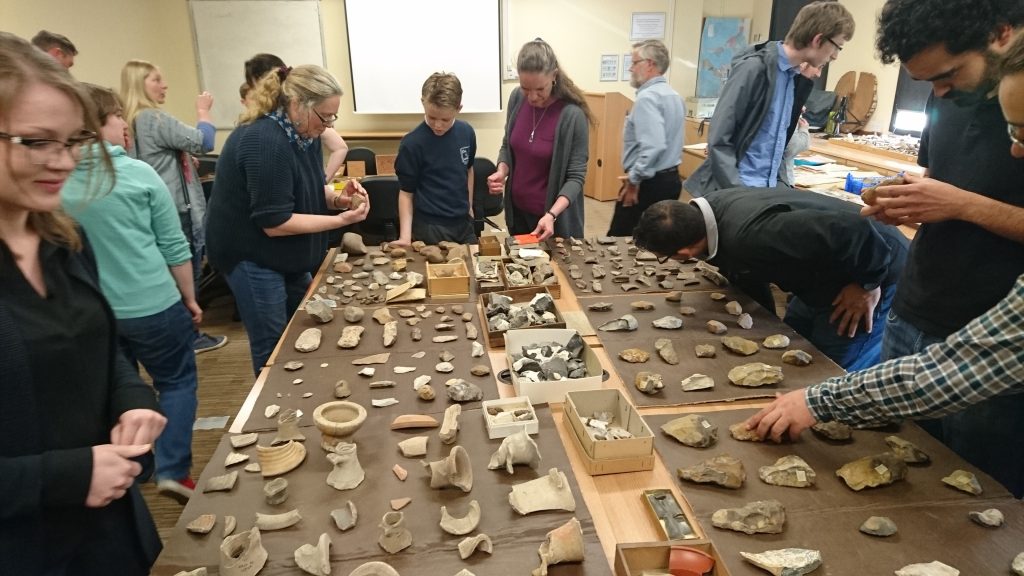 The new academic year is upon us, and we’ve got a brilliant programme of research seminars to deliver for the next two terms! Almost all research seminars will take place on Thursdays, from 2:30-3:30pm, in Laver LT3. All are welcome to attend.
The new academic year is upon us, and we’ve got a brilliant programme of research seminars to deliver for the next two terms! Almost all research seminars will take place on Thursdays, from 2:30-3:30pm, in Laver LT3. All are welcome to attend.
